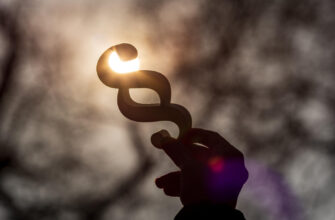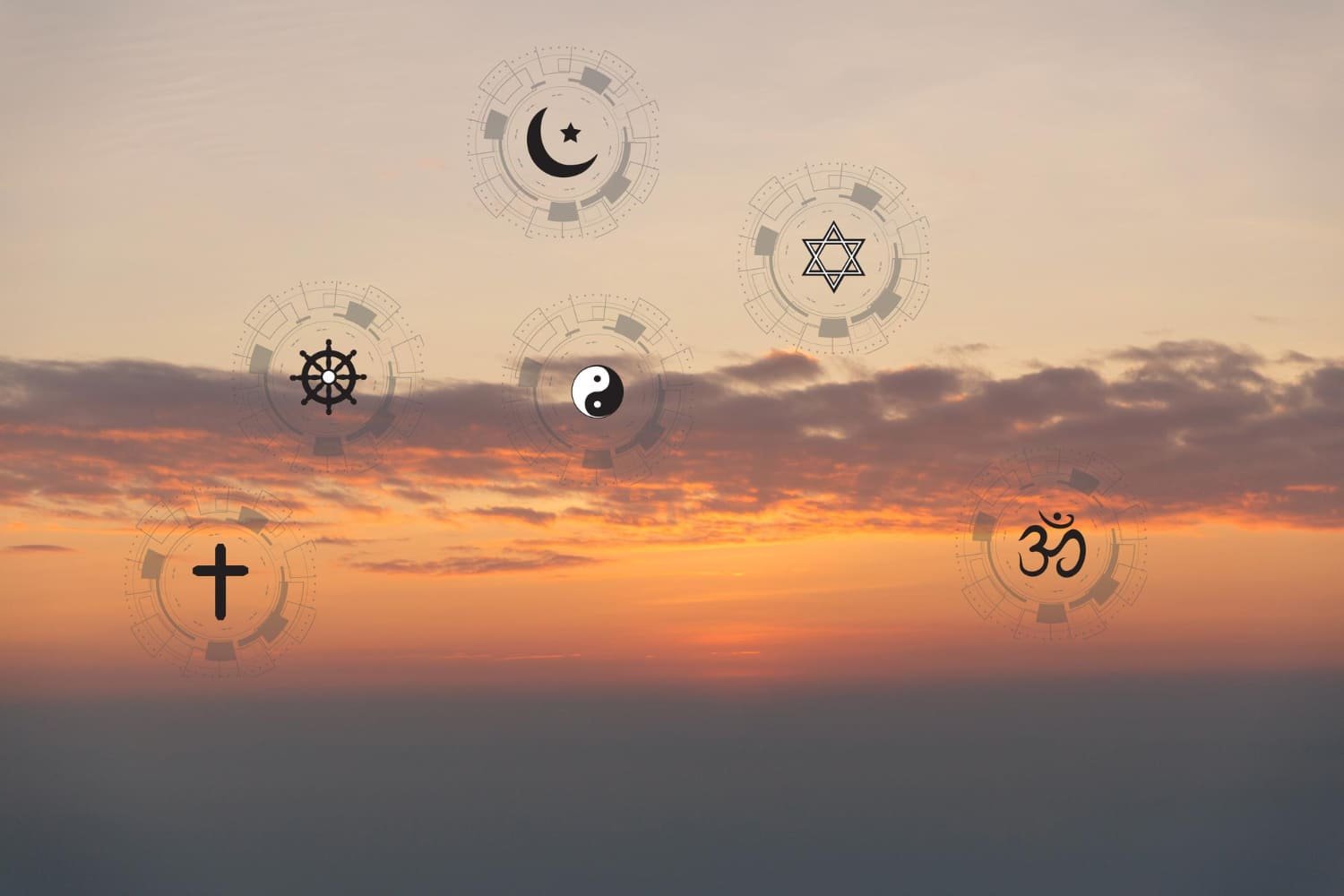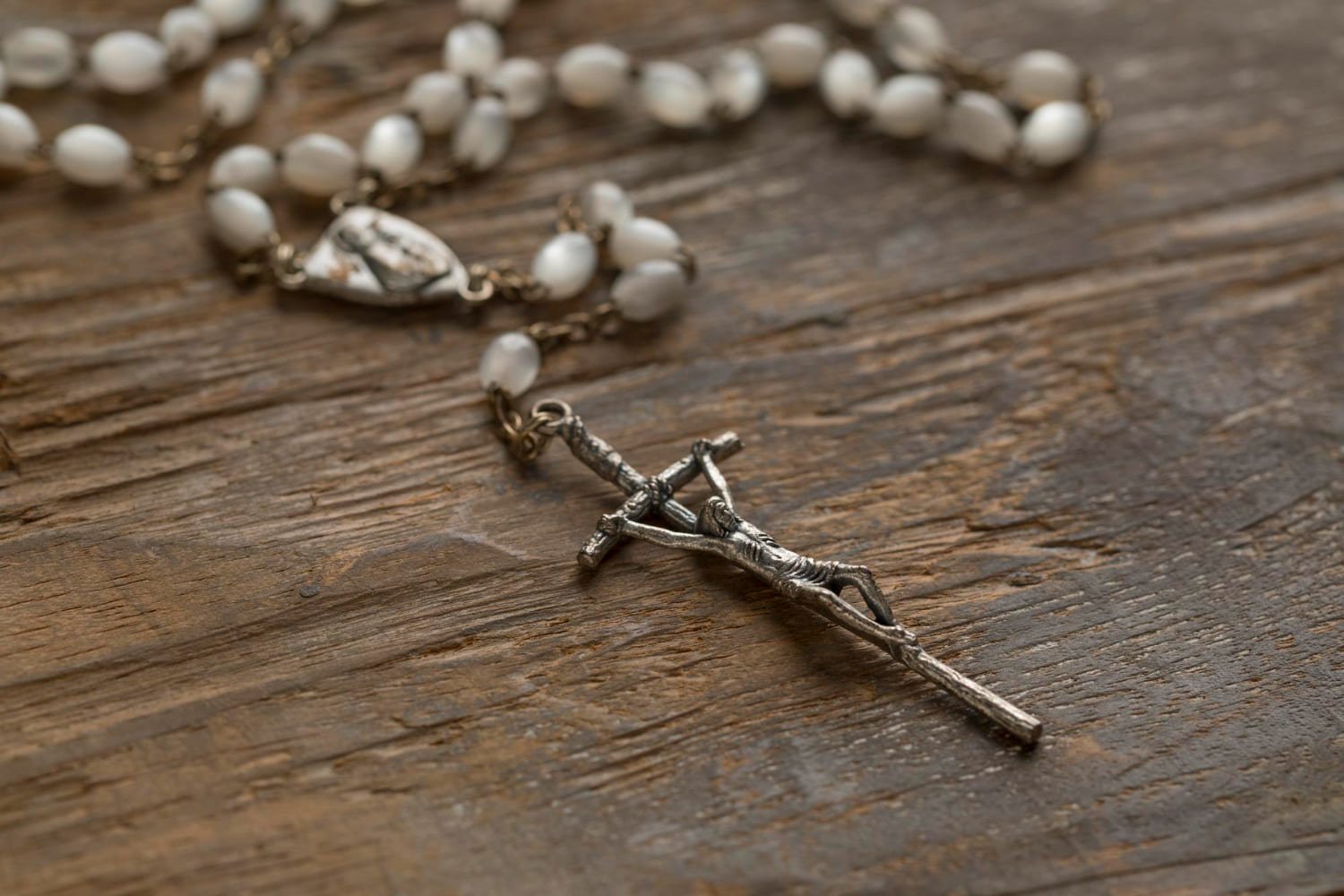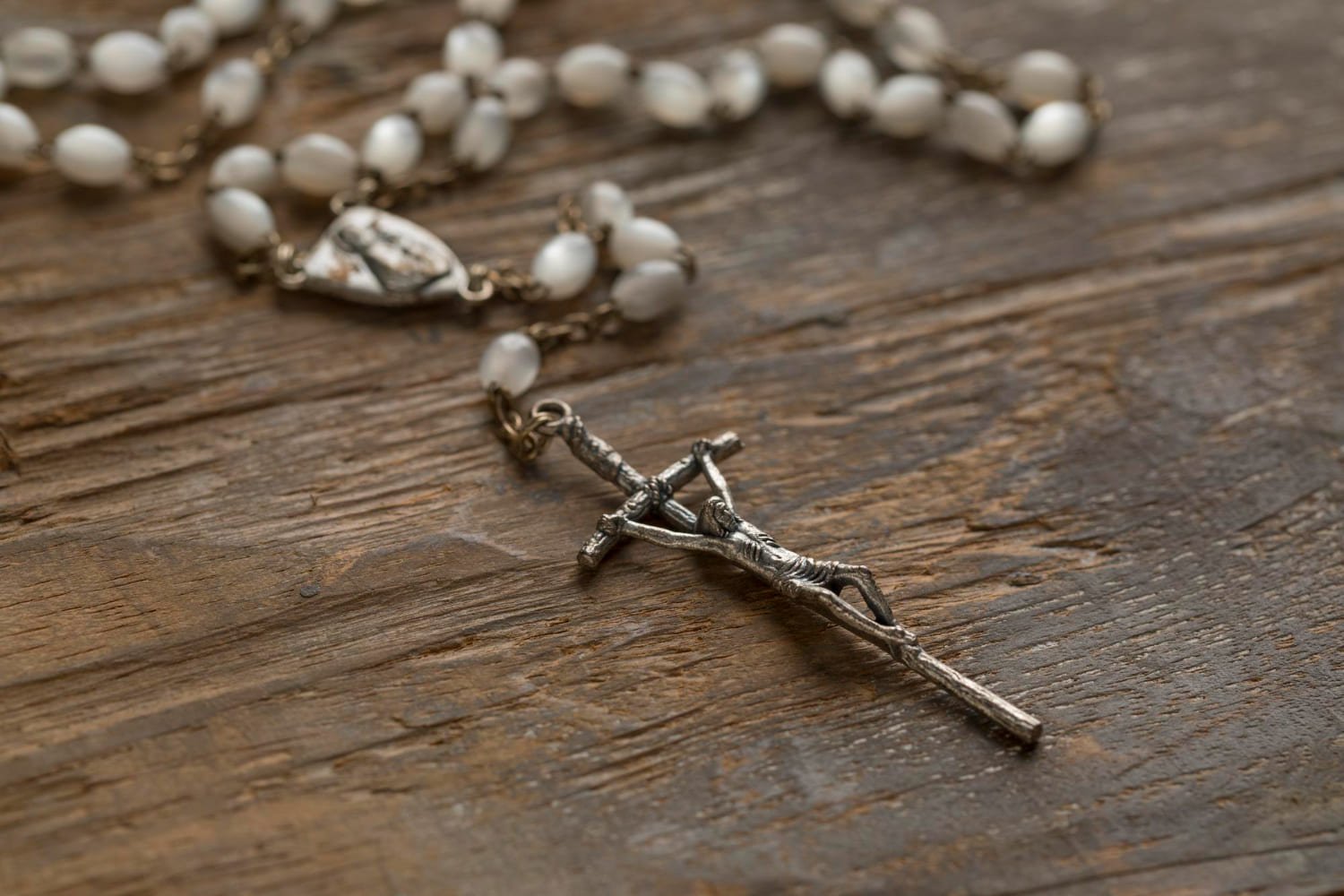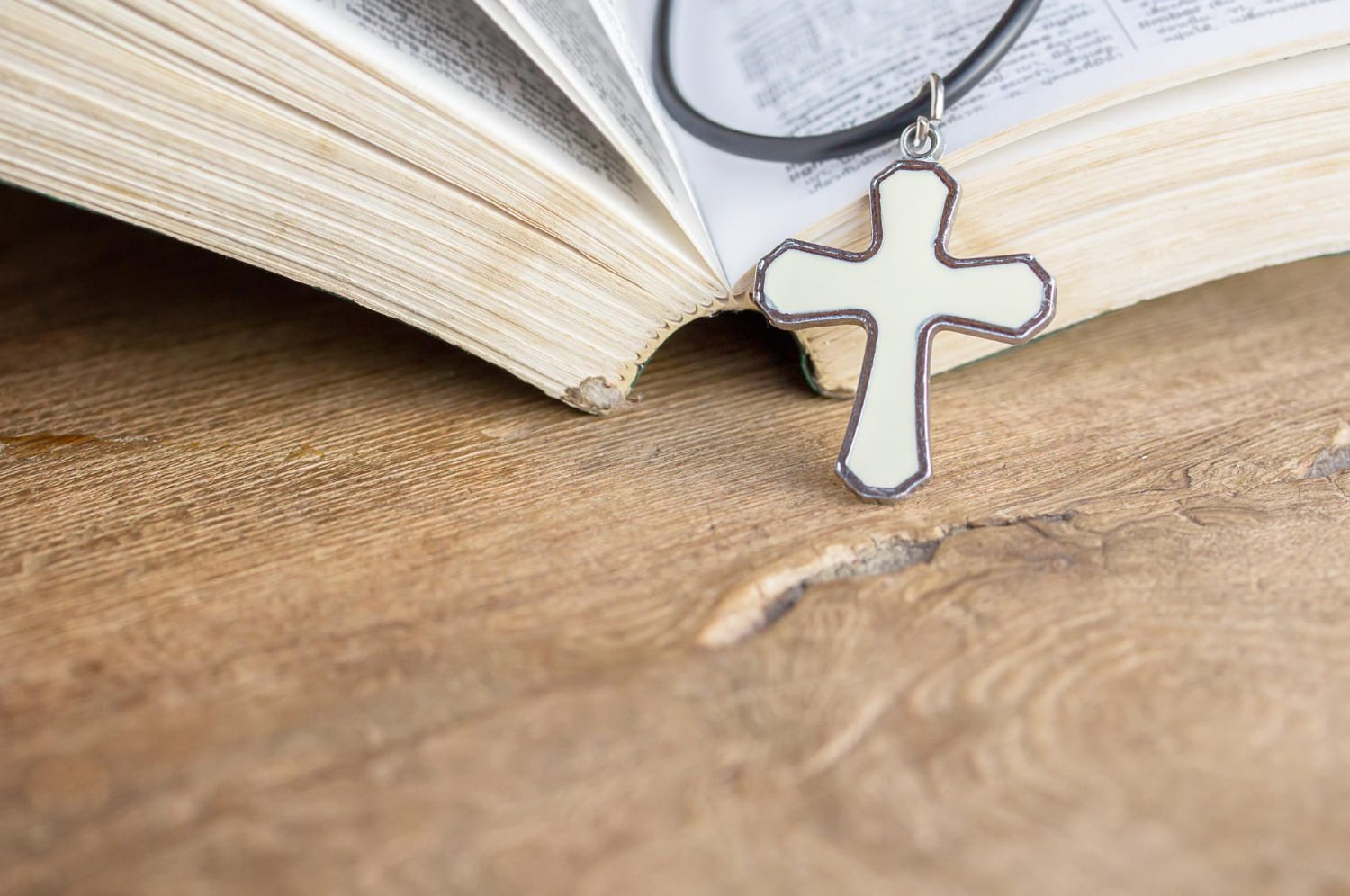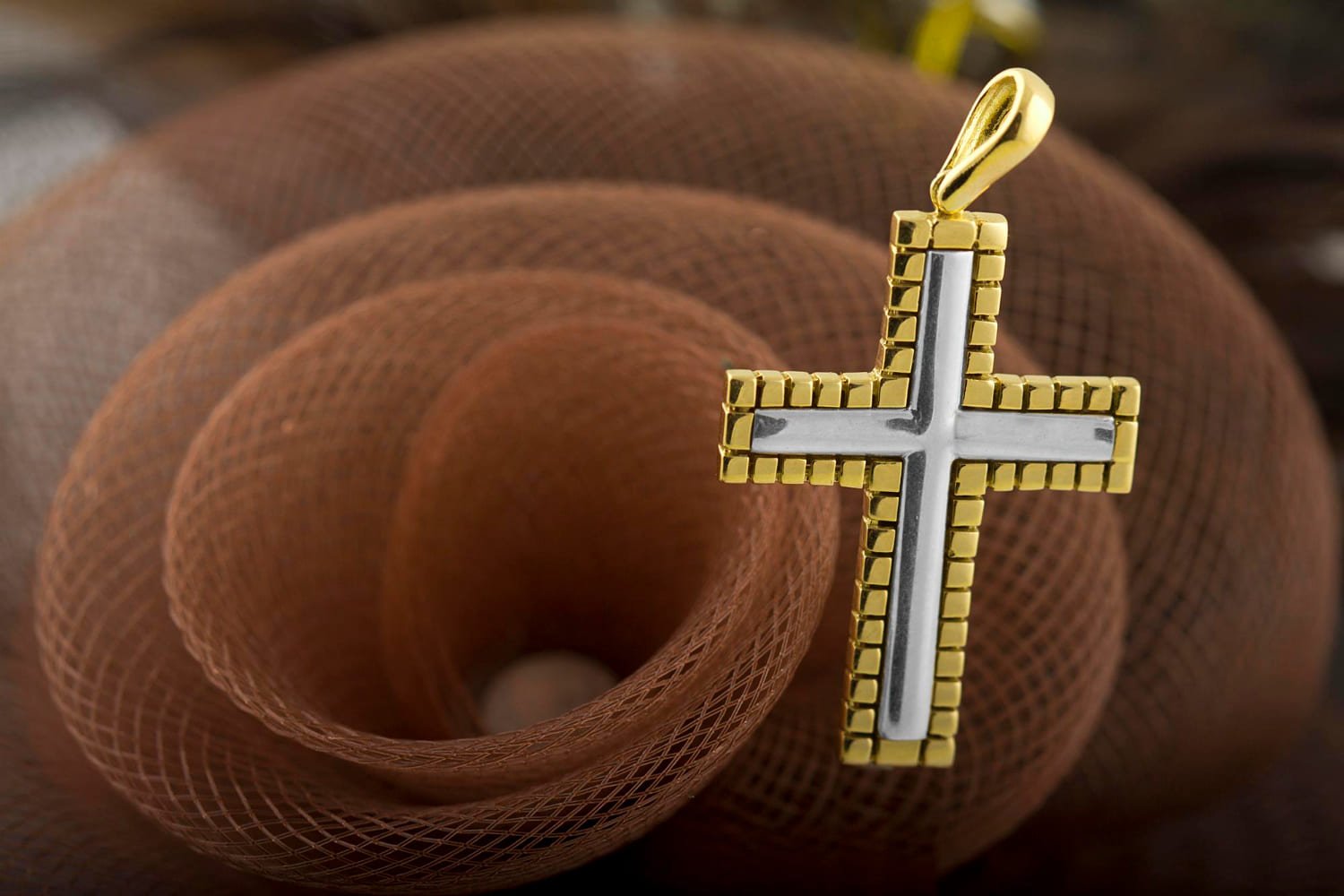Catholicism and Judaism are two of the world’s oldest and most influential religions. Both religions have deep roots in history and have played a significant role in shaping the world as we know it today.
While they share some similarities, there are also fundamental differences between the two.
One of the primary differences between Catholicism and Judaism is their understanding of Jesus Christ. Catholics believe that Jesus is the Son of God and that he died on the cross to save humanity from sin.
Jews, on the other hand, do not believe that Jesus was the Messiah and do not accept his teachings. While both religions are monotheistic and believe in one God, their views on Jesus are a major point of divergence.
Another difference between Catholicism and Judaism is their religious practices. Catholics have a hierarchical structure with the Pope as the head of the Church, while Judaism is more decentralized with rabbis serving as spiritual leaders.
Catholics attend mass and participate in sacraments, while Jews attend synagogue and observe a variety of religious rituals and customs. These differences in religious practices reflect the unique histories and cultures of each religion.
History of Catholicism and Judaism
The Catholic Church and Judaism are two of the oldest and most influential religions in the world. The Catholic Church traces its roots back to the early Christian community, while Judaism is one of the oldest monotheistic religions and the first of the Abrahamic religions.
Christianity started as a movement within Judaism in the mid-1st century.
The history of Catholicism is closely intertwined with the history of Christianity. The Catholic Church traces its origins to the apostle Peter, who was one of the twelve apostles of Jesus Christ. According to tradition, Peter was the first bishop of Rome and the leader of the early Christian community.
Over time, the Catholic Church grew in power and influence, becoming the largest Christian denomination in the world.
Judaism, on the other hand, has a long and complex history that spans thousands of years. According to Jewish tradition, the religion was founded by Abraham, who is considered the father of the Jewish people.
Over time, Judaism developed into a complex system of beliefs, practices, and traditions that continue to shape Jewish identity and culture today.
Throughout history, the relationship between Catholicism and Judaism has been fraught with tension and conflict. The Catholic Church has been accused of anti-Semitism and persecution of Jews, particularly during the Middle Ages.
However, in recent decades, the Catholic Church has made significant efforts to improve its relationship with the Jewish community, including issuing statements of regret for past actions and promoting interfaith dialogue.
Despite their differences, both Catholicism and Judaism have had a profound impact on the world and continue to shape the beliefs and values of millions of people around the globe.
Beliefs and Practices of Catholicism
Catholicism is a branch of Christianity that is centered around the teachings of the Catholic Church. The Catholic Church has a rich history and a set of beliefs and practices that set it apart from other Christian denominations.
Some of the key beliefs and practices of Catholicism include:
- The Holy Trinity: Catholics believe in the Holy Trinity, which is the belief that God exists in three persons: the Father, the Son (Jesus Christ), and the Holy Spirit.
- The Bible and Tradition: Catholics believe in the authority of both the Bible and tradition. They believe that the Bible is the inspired word of God and that tradition is the living transmission of the faith from generation to generation.
- The Sacraments: Catholics believe in seven sacraments, which are outward signs of inward grace. These sacraments include baptism, confirmation, the Eucharist, penance, anointing of the sick, holy orders, and matrimony.
- The Virgin Mary and the Saints: Catholics believe in the intercession of the Virgin Mary and the saints. They believe that the saints can pray for us and that we can ask for their intercession.
- The Papacy: Catholics believe in the authority of the Pope, who is the Bishop of Rome and the leader of the Catholic Church. They believe that the Pope is the successor of St. Peter and that he has the authority to teach and interpret the faith.
Catholics also have a number of practices that are unique to their faith.
These practices include:
- The Mass: The Mass is the central act of worship in the Catholic Church. It is a celebration of the Eucharist, which is the sacrament of the body and blood of Jesus Christ.
- The Rosary: The Rosary is a form of prayer that involves the repetition of prayers and the meditation on the life of Jesus Christ and the Virgin Mary.
- The Stations of the Cross: The Stations of the Cross are a series of 14 images that depict the events leading up to the crucifixion of Jesus Christ. Catholics often pray the Stations of the Cross during Lent.
- The Sign of the Cross: The Sign of the Cross is a gesture that involves touching the forehead, chest, and shoulders while saying, “In the name of the Father, and of the Son, and of the Holy Spirit.”
Overall, Catholicism is a rich and complex faith that has a long history and a set of beliefs and practices that set it apart from other Christian denominations.
Beliefs and Practices of Judaism
Judaism is a monotheistic religion that believes in one God who revealed himself to Abraham, Moses, and the Hebrew prophets. The Jewish holy book is the Torah, which contains the laws and teachings of God as revealed to Moses. One of the core beliefs of Judaism is the covenant between God and the Jewish people.
This covenant is based on the belief that God chose the Jewish people to be his special people and that they have a unique role in the world. Jews believe that they have a responsibility to follow God’s laws and to be a light unto the nations.
Jewish religious practices include prayer, study, and observance of the Sabbath and holidays. Jews are required to pray three times a day, with the most important prayer being the Shema, which proclaims the oneness of God.
The Sabbath, which begins at sundown on Friday and ends at sundown on Saturday, is a day of rest and spiritual reflection. Jewish holidays include Rosh Hashanah, the Jewish New Year; Yom Kippur, the Day of Atonement; Passover, which celebrates the Exodus from Egypt; and Hanukkah, which commemorates the rededication of the Temple in Jerusalem.
Jewish dietary laws, known as kashrut, prohibit the consumption of certain foods, including pork and shellfish, and require the separation of meat and dairy products.
Overall, Judaism emphasizes the importance of following God’s laws and living a moral and ethical life. While there are different denominations of Judaism with varying beliefs and practices, the core beliefs and practices remain the same.
Comparison of Catholicism and Judaism
Catholicism and Judaism are two major religions with significant differences in their beliefs, practices, and teachings. While both religions share some similarities, such as monotheism and a belief in the importance of good deeds, there are also many differences between them.
One of the most significant differences between Catholicism and Judaism is their view of God. Catholics believe in the Trinity, which means that there is one God in three persons: the Father, the Son, and the Holy Spirit. In contrast, Judaism believes in the oneness of God, with no concept of the Trinity.
Another major difference between Catholicism and Judaism is their view of salvation. Catholics believe that salvation comes through faith in Jesus Christ and good works, while Judaism teaches that salvation comes through following the commandments and leading a righteous life.
There are also differences in the religious practices of Catholics and Jews. Catholics attend church services on Sundays, participate in the sacraments, and pray to saints.
In contrast, Jews attend synagogue services on Saturdays, follow a strict dietary code, and observe various holidays and festivals.
Finally, there are differences in the religious texts and traditions of Catholicism and Judaism. Catholics follow the Bible, along with the teachings of the Church and the Pope. In contrast, Judaism follows the Torah, Talmud, and other sacred texts, along with the teachings of rabbis and scholars.
Overall, while Catholicism and Judaism share some similarities, they are two distinct and separate religions with many differences in their beliefs and practices.
Which One Is Better?
It is not appropriate to compare two religions and declare one as better than the other. Both Catholicism and Judaism have their unique beliefs, practices, and teachings that are important to their followers. The decision to follow a particular religion is a personal choice that is influenced by many factors including family, culture, and personal beliefs.
While it is not appropriate to compare the two religions in terms of better or worse, it is important to understand the differences between them. Catholicism is based on the principle of Trinity, which is the belief in three Gods.
Judaism, on the other hand, is based on the principle of monotheism, which is the belief in one God. Both religions have significant and crucial differences that are important to their followers.
It is also important to note that both religions have made significant contributions to the world. Catholicism has been a major force in shaping Western civilization, while Judaism has had a significant impact on the development of monotheism and ethics.
Both religions have a rich history and have contributed to the development of art, literature, philosophy, and science.
Ultimately, the decision to follow a particular religion should be based on personal beliefs, values, and experiences. It is important to respect the beliefs of others and to seek understanding and dialogue rather than making judgments or comparisons.
Conclusion
While both Catholicism and Judaism share some similarities, such as belief in an afterlife and the importance of family and community, they have significant differences in their beliefs and practices.
Catholicism is a monotheistic religion that worships Jesus Christ as the son of God and savior of humanity, while Judaism is a monotheistic religion that does not recognize Jesus as the Messiah.
One of the key differences between the two religions is their approach to salvation. Catholics believe that salvation can be attained through faith in Jesus Christ and good works, while Jews believe that salvation is achieved through following the commandments and living a righteous life.
Another difference is the role of the clergy. In Catholicism, priests are ordained and serve as intermediaries between God and the people, while in Judaism, rabbis are teachers and guides but do not have the same level of authority as Catholic priests.
When it comes to which one is better, it is not for anyone to say. Both religions have their strengths and weaknesses, and ultimately, the choice of which one to follow is a personal one based on individual beliefs and values.
It is important to respect and appreciate the differences between the two religions and to strive for understanding and tolerance.
